Read Time 3 minutes
What’s Good now?
This winter season saw our What’s Good group be infiltrated for the first time by someone asking for nudes, which was exciting––AND TEMPTING––but not really why we exist.
Other topics, no less provocative, included the UK government’s call for more maths in schools, Yayoi Kusama’s world domination [by way of Louis Vuitton], K-Stew being cast as Susan Sontag [screaming, crying, throwing up etc], Roald Dahl’s posthumous edit and, old reliable: can AI ever create meaningful art?
Some other highlights…
SOMETHING TO READ
MANET, MANDARINS AND ME (2023)
CHLOË ASHBY – THE LONDON MAGAZINE
[Art]
Chloë Ashby weaves a dialogue between herself and Manet through their seemingly shared passion for oranges; which appear in a number of his most celebrated works even if they are not the main subject. She explores their function within the paintings, the technicality of the way they were painted, and a potted history of the orange in art.
Talking point: I would love to know what little details in paintings you find yourselves drawn to
SOMETHING TO LISTEN TO
CATHERINE OPIE (2022)
THE GREAT WOMEN ARTISTS
[Photography]
SOMETHING TO WATCH
BECOMING FRIDA KAHLO (2023)
BBC
[Art history, biography]
This series moves at lightning speed, racing through the formative experiences of Frida’s life at a pace which is almost hard to keep up with, but certainly packs a lot in. The quality of the footage, and archival photography that features is what really shines––it’s wonderful to see the great artist, whose image is so familiar, in motion––plus the variety of talking heads [art historian Hayden Herrera in particular has a great vibe about her and has written a top tier biography of FK which is a strong recommend].
Something I find perpetually bothersome in analysis of historical female artists is this constant unwitting removal of any political agency. This documentary would have us believe that Frida was seduced into socialism by love of Diego Rivera, rather than her own intellect and sense of justice. By glossing over the intricacies of the Mexican revolution and its aftermath, Frida’s communism becomes about sex rather than politics.
Talking point: We’ve opined on Frida Kahlo’s enduring appeal in our Historical Heroines column, but why do YOU think she is so loved?
END
subscribe for the latest artist interviews,
historical heronies, or images that made me.
what are you in the mood for?


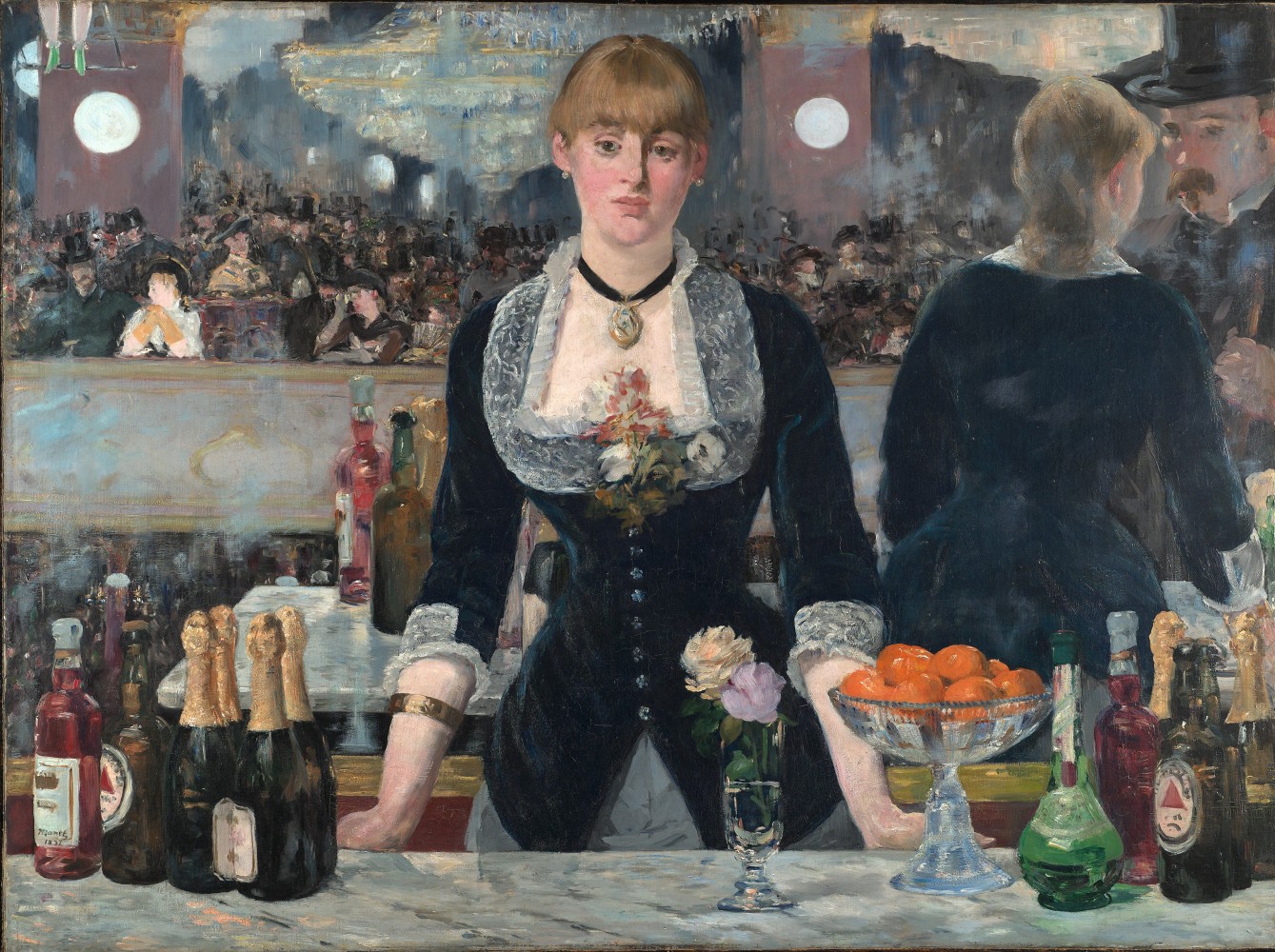
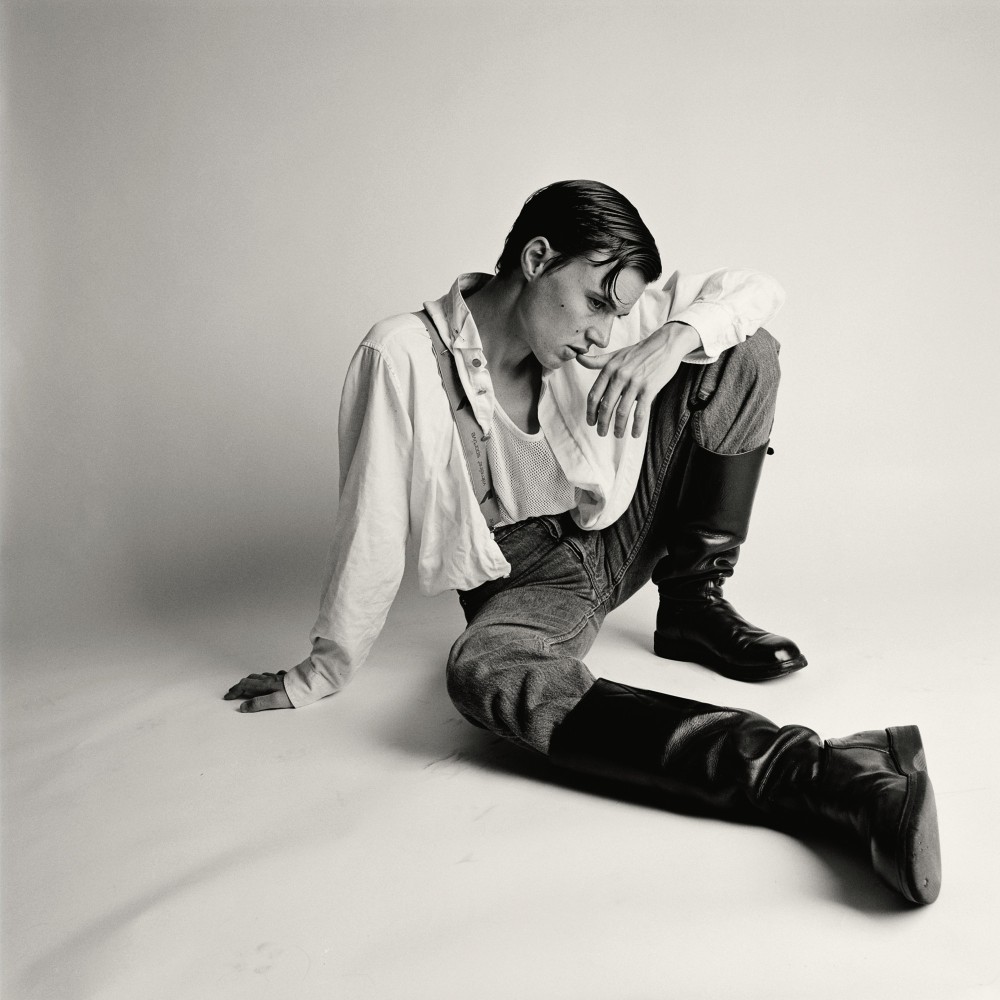
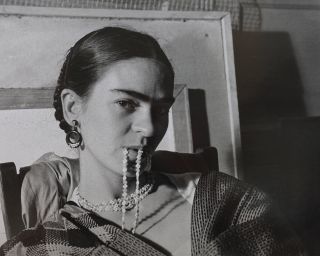
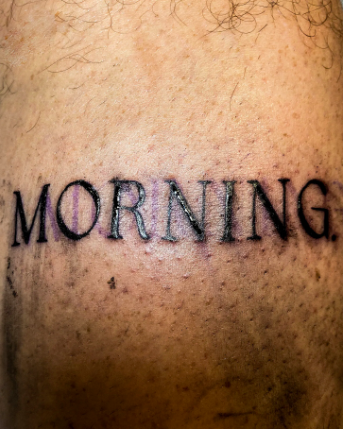

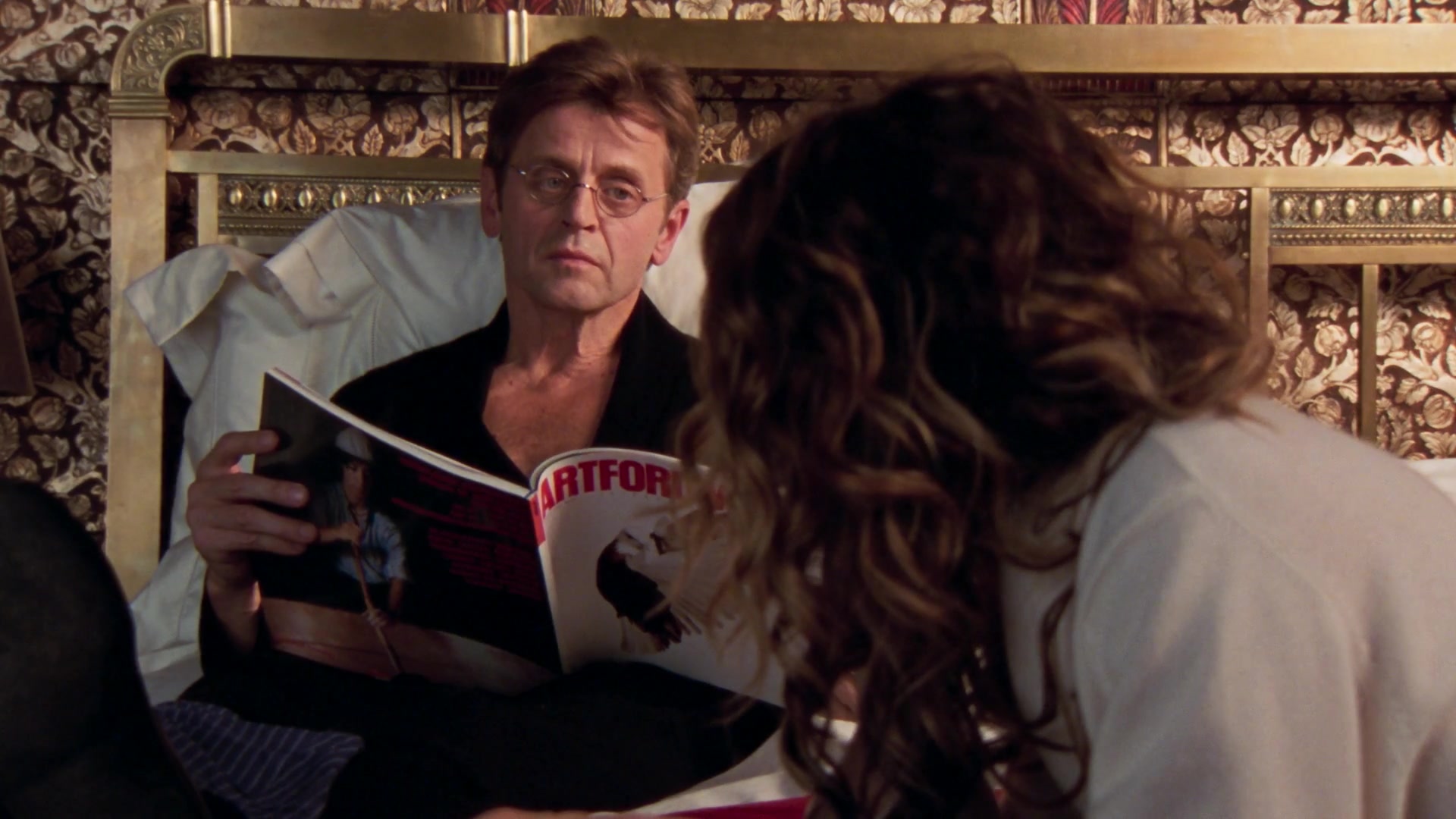


![Still from The Blues, Direction SAM LAMBERT & SHAKA MAIDOH, Photography NAFKOT GEBEYEHU, Videography NAHOM SAMUNEGUS [2023]](https://darklight-digital.com/media/2023/12/img-6051-84-1-1920x1281-1-5x3.jpeg)
